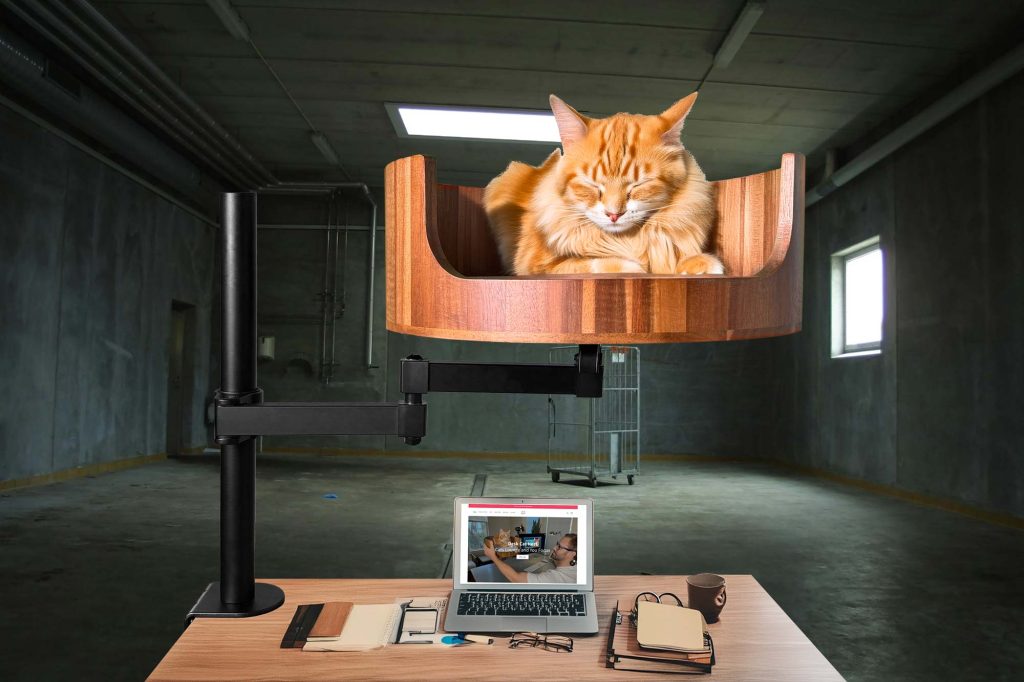Revered for their hunting prowess and playful demeanor, cats have long been known as skilled predators in the animal kingdom. Among domestic felines, the cat that catches mice holds a special place in the hearts of many, revered for its ability to keep homes and businesses free of pesky rodents. These natural-born hunters exhibit keen senses, lightning-fast reflexes, and a relentless determination when it comes to tracking down and capturing their prey.
In this article, we will delve into the world of the cat that catches mice, exploring the fascinating characteristics and behaviors that make these feline hunters so effective. From their evolution as solitary hunters to their role in controlling rodent populations, we will uncover the many reasons why cats are nature’s ultimate pest control experts. Additionally, we will discuss how cat owners can harness their pets’ hunting instincts to not only keep their homes rodent-free but also provide enrichment and stimulation for their beloved companions. Whether your cat is a seasoned mouser or simply enjoys the occasional game of chase, understanding the natural instincts and behaviors of these feline hunters can help strengthen the bond between humans and their four-legged friends.
1. Cats are natural hunters with instincts honed over thousands of years to catch mice and other small prey.
2. Domestic cats retain many of their wild ancestors’ hunting behaviors, even if they are well-fed pets.
3. Providing opportunities for cats to exhibit their hunting instincts can benefit their physical and mental health.
4. Interactive toys and activities can help satisfy a cat’s need to hunt and prevent behavioral issues.
5. Understanding a cat’s hunting behaviors can help owners create a stimulating environment that promotes their natural instincts.
Evolution of Cats as Hunters
Cats have been natural hunters for thousands of years, evolving from their wild ancestors who needed to hunt for survival. Through natural selection, domestic cats have inherited skills and instincts that make them adept hunters. Their keen sense of sight, hearing, and smell, as well as their agile bodies and sharp claws, all contribute to their hunting prowess.
Behavior and Strategies of Mice Catching Cats
Cats use a combination of stealth, patience, and speed when hunting mice. They rely on their acute senses to detect the presence of mice, stalking them silently before pouncing with lightning-fast reflexes. Cats may also use their strategic intelligence to anticipate the movements of their prey and corner them effectively. Some cats have specialized techniques, such as playing with their prey before delivering the final blow.
Benefits of Having a Cat That Catches Mice
Having a cat that catches mice can be advantageous for both pet owners and the surrounding environment. Cats help control rodent populations, reducing the risk of infestations in homes and gardens. This natural pest control method is eco-friendly and cost-effective, eliminating the need for harmful chemicals or traps. Additionally, the hunting behavior provides exercise and mental stimulation for cats, fulfilling their innate instincts and keeping them healthy and happy.
Training a Cat to Hunt Mice
While most cats have an innate ability to catch mice, some may require training or encouragement to engage in hunting behavior. Pet owners can support their cat’s natural instincts by providing interactive toys, puzzle feeders, or opportunities for outdoor exploration. Positive reinforcement techniques, such as treats or praise, can also reinforce hunting behavior. It is essential to monitor the cat’s well-being and ensure their safety during hunting activities.
Frequently Asked Questions
Will Desk Cat Nest help deter my cat from catching mice?
While Desk Cat Nest provides a cozy spot for your cat to rest, it may not directly deter your cat from catching mice. It is important to note that it is in a cat’s nature to hunt and catch prey. However, providing your cat with a comfortable space may reduce the instinct to hunt.
Is Desk Cat Nest suitable for all types of cats?
Desk Cat Nest is designed for cats of all sizes and breeds. However, it is important to consider your individual cat’s preferences and behavior when deciding if this product is suitable for them.
Will Desk Cat Nest affect my cat’s hunting instincts?
Desk Cat Nest does not inherently affect your cat’s natural hunting instincts. Cats have a strong instinct to hunt and catch prey, and providing a comfortable nesting spot like Desk Cat Nest may not eliminate this behavior entirely.
Can Desk Cat Nest be used as a replacement for other mouse prevention methods?
Desk Cat Nest can be a helpful addition to your overall mouse prevention strategy, but it may not be a standalone solution. It is recommended to combine Desk Cat Nest with other methods such as sealing entry points, using traps, and keeping the environment clean to effectively prevent mice infestations.
How do I introduce my cat to Desk Cat Nest?
It is important to introduce Desk Cat Nest gradually to your cat. Place some treats or toys inside to entice your cat to explore the nest. Encourage positive associations with the nest by praising and rewarding your cat when they use it. Patience and positive reinforcement are key to helping your cat feel comfortable in their new nesting spot.
In conclusion, the Desk Cat Bed is a valuable choice for cat owners whose feline friends catch mice. This cozy and comfortable bed provides a designated space for your cat to rest and relax in between hunting sessions, ensuring they are well-rested and ready to catch mice effectively. The raised design of the bed also allows your cat to keep a watchful eye on their surroundings, making it easier for them to detect and catch mice. Additionally, the plush cushioning provides support and comfort for your cat’s joints, preventing any strain or discomfort while on the prowl. Invest in a Desk Cat Bed today to ensure your cat has the best possible environment for catching mice.


